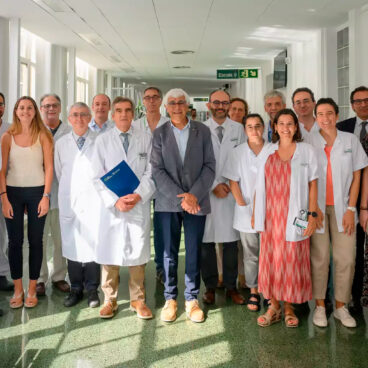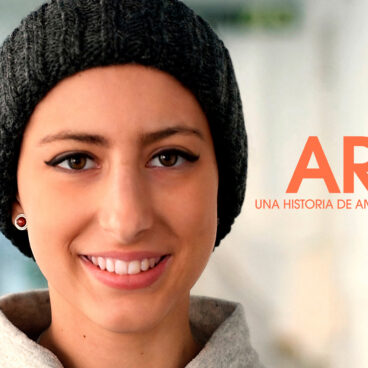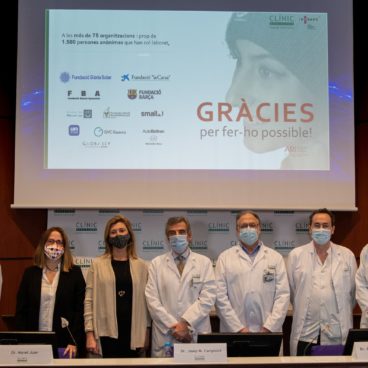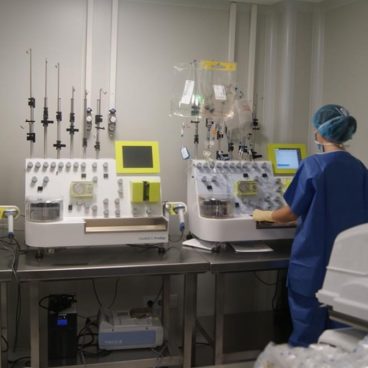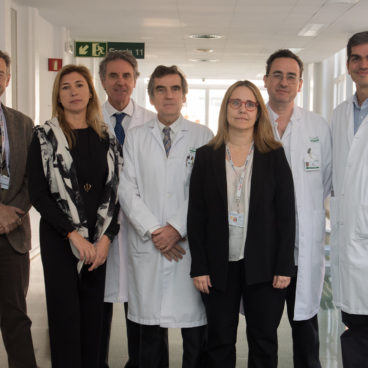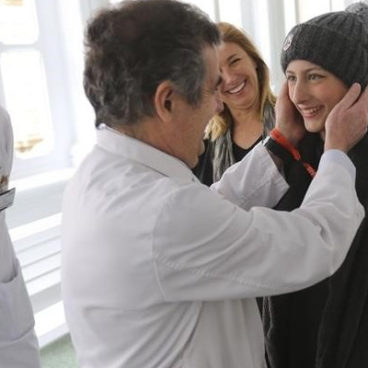
- Foundation
-
Projects
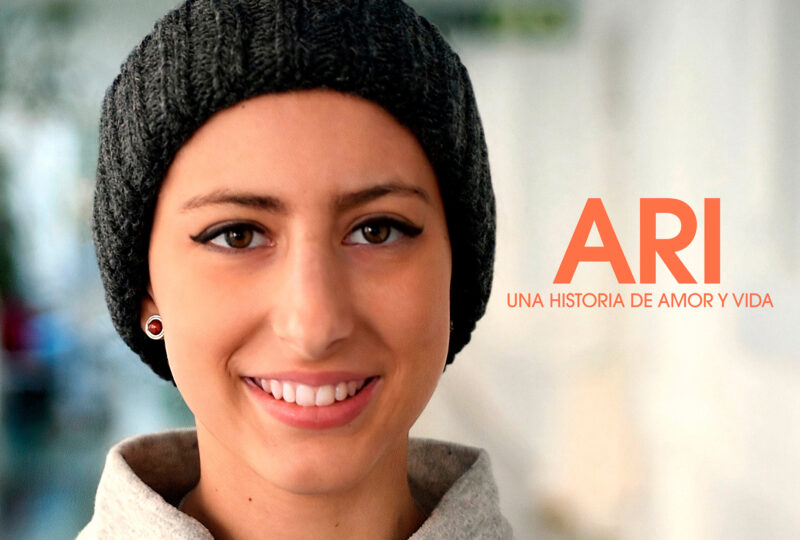
Documentary ARI, A story of love and life
The documentary ARI, A story of love and life, funded by the Glòria Soler Foundation, is a tribute to Ariana Benedé, her family and all the medical professionals and people and institutions that made it possible to promote the clinical trials that have led to the incorporation of CAR-T therapies, with the aim of curing acute lymphoblastic leukaemia in as many cases as possible.
Read more
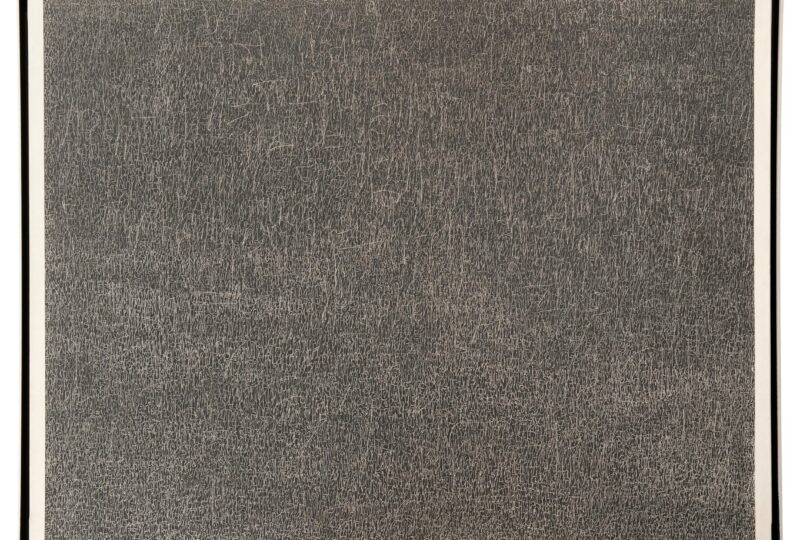
MORTALES+ Community, Art and HIV/AIDS
Fundació Glòria Soler, an organisation that has supported research into HIV/AIDS, is supporting a community arts and research project related to the disease and its cures. The project seeks to create spaces for collective reflection through the activation of working groups, which function as mutual support groups.
Read more
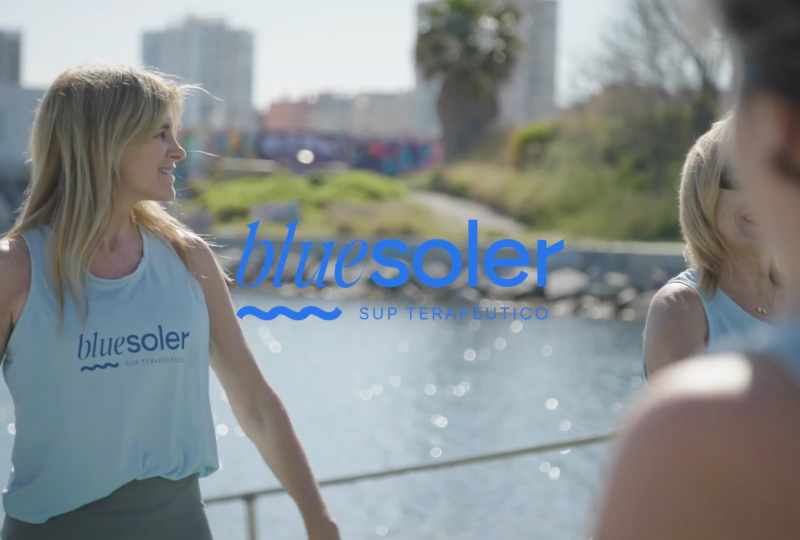
Blue Soler Therapeutic SUP. Biomedical research project
The Glòria Soler Foundation supports the Blue Soler Therapeutic Project which aims to generate knowledge to be able to demonstrate the benefits of Stand Up Paddle in the health of adults with musculoskeletal diseases.
Read more
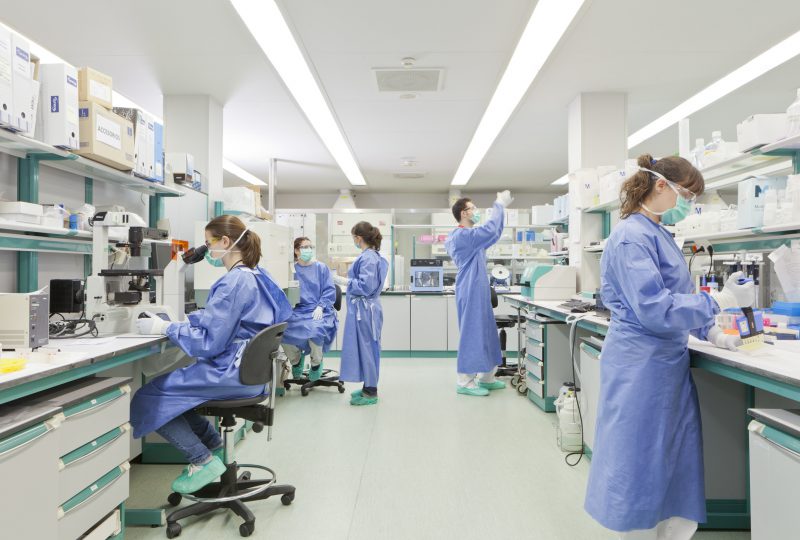
HIV/AIDS vaccine
In collaboration with IrsiCaixa, the Institut de Recerca de la Sida led by Dr. Bonaventura Clotet, the Fundació Glòria Soler has contributed to the advancement of HIV/AIDS research by supporting a therapeutic vaccine to treat HIV/AIDS and reduce the associated adverse effects.
Read more
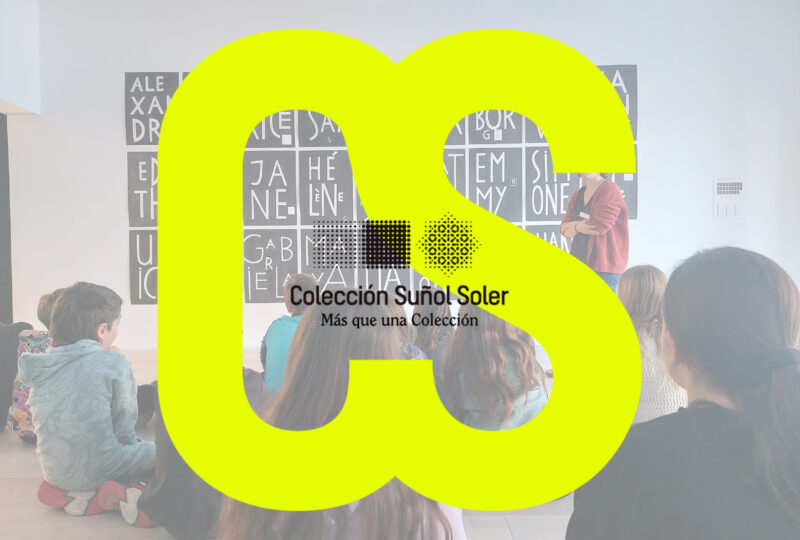
Suñol Soler Collection
The Glòria Soler Foundation collaborates strategically with the Fundació Suñol, an entity dedicated to the dissemination and promotion of art that has one of the most important collections of contemporary art in the entire State, with a fund of more than 1,000 works by 250 artists. Together with the Glòria Soler Foundation, they work to disseminate contemporary art and bring its values closer to society.
Read more
-
News

Art and Health at the 7th Conference organised by Torrents d’Art and the Parc Sanitari de Sant Joan de Déu to highlight the impact of culture on emotional wellbeing
Torrrents d’Art and Parc Sanitari de Sant Joan de Déu delve into culture and art as assets for health and happiness. From 5 to 18 May, the programme “Tastets d’art” will also be held, with the participation of the Fundació Suñol and the Fundació Glòria Soler through the educational activity “Mental State” based on the work of the artist Zush from the Suñol Soler Collection.
Read more
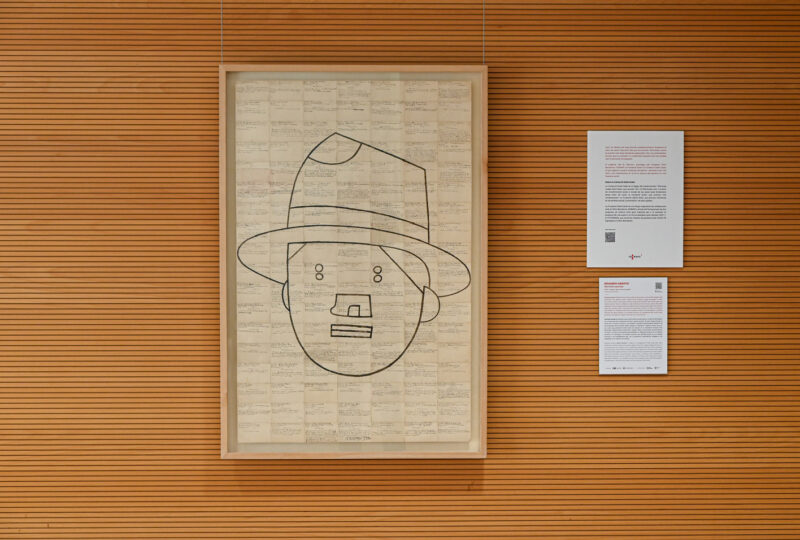
The Fundació Glòria Soler renews its Art and Science project with IDIBAPS/Clínic Barcelona with the temporary loan of Eduardo Arroyo’s “Secret Service”
The work from the Suñol Soler Collection Secret Service by the artist Eduardo Arroyo has been installed in the foyer of the IDIBAPS auditorium, the fourth work from the collection to be temporarily loaned to the research centre as part of the Art and Science project.
Read more
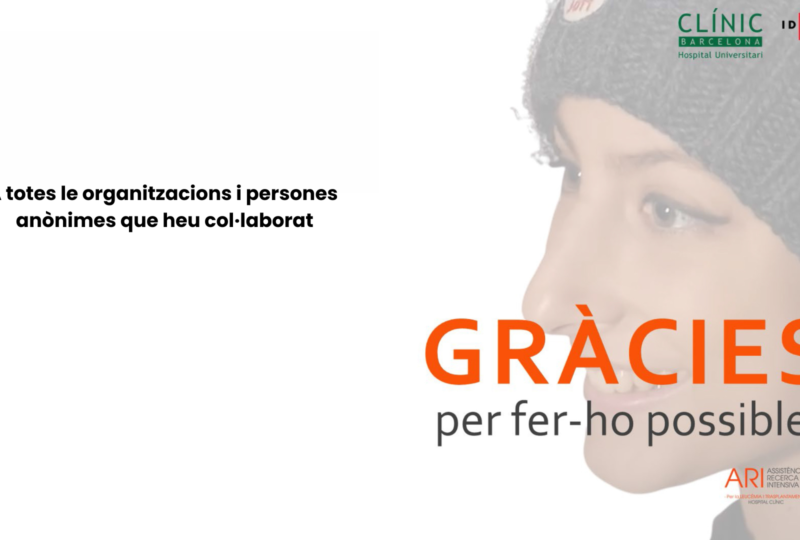
Clínic Barcelona – IDIBAPS, pioneering hospital in CAR-T therapies for cancer, has treated more than 500 patients
The Glòria Soler Foundation, created by Josep Suñol Soler, was the first entity to support and promote the development of CAR-T at Clínic-IDIBAPS through the ARI Project, whose treatment has now reached 500 patients with the support of many other entities.
Read more
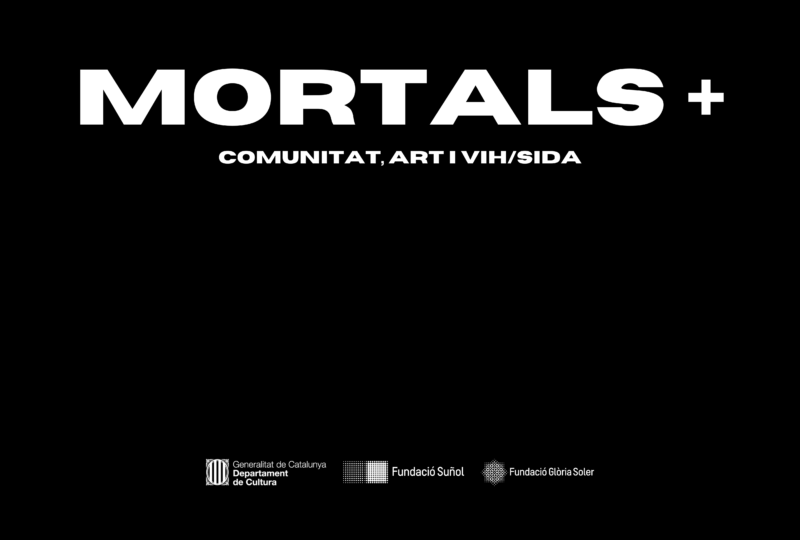
MORTALES+, an art, community and HIV project, begins work sessions with the Fundació Suñol and the Fundació Glòria Soler
Throughout March and April, at the headquarters of the Fundació Suñol and the Fundació Glòria Soler, the sessions of the research project MORTALS+, a project developed by the artist Albert Potrony and the cultural manager and mediator Roser Sanjuan, will be held, where the research project explores the subject of HIV/Aids, bringing together the scientific and the humanistic.
Read more
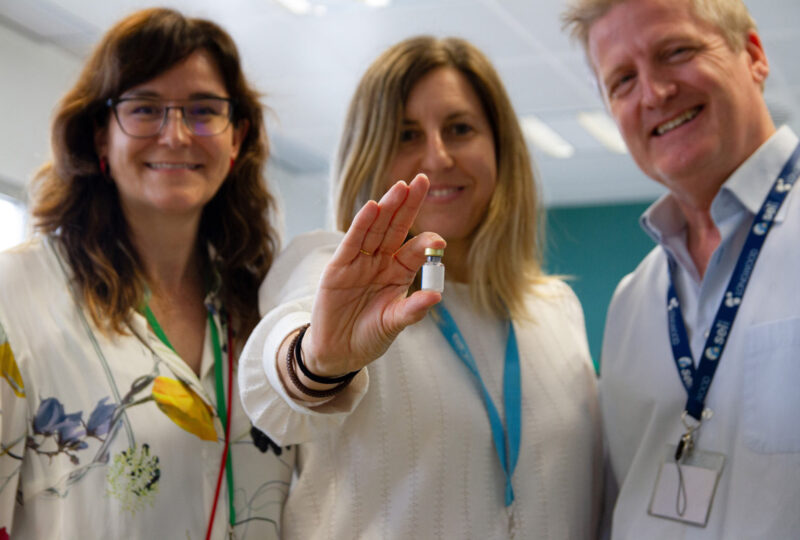
Gilead Sciences acquires investigational assets for the HIV vaccine designed at IrsiCaixa and driven by AELIX Therapeutics
The acquisition of the investigational assets for the HTI therapeutic vaccine by Gilead Sciences marks a milestone in HIV research, with scientific foundations developed at IrsiCaixa thanks to the HIVACAT program and the support of the Fundació Glòria Soler.
Read more
- Collection


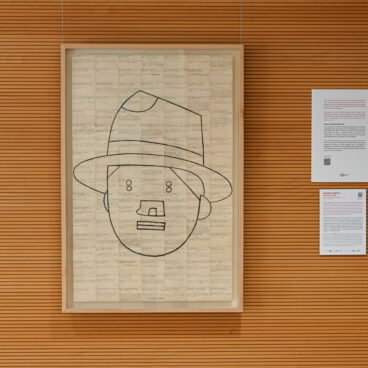
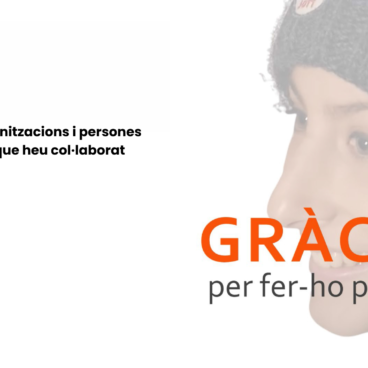
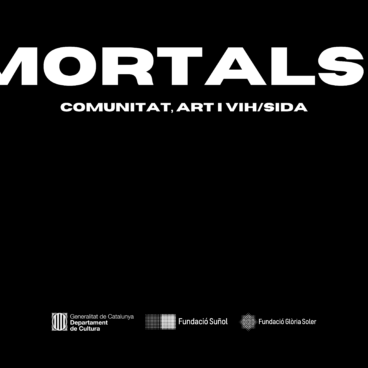
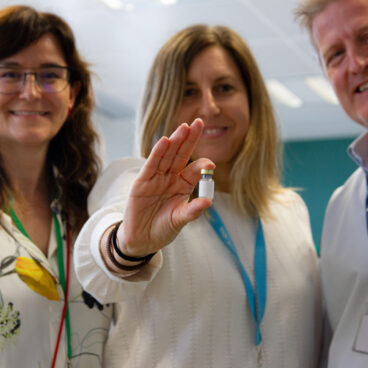


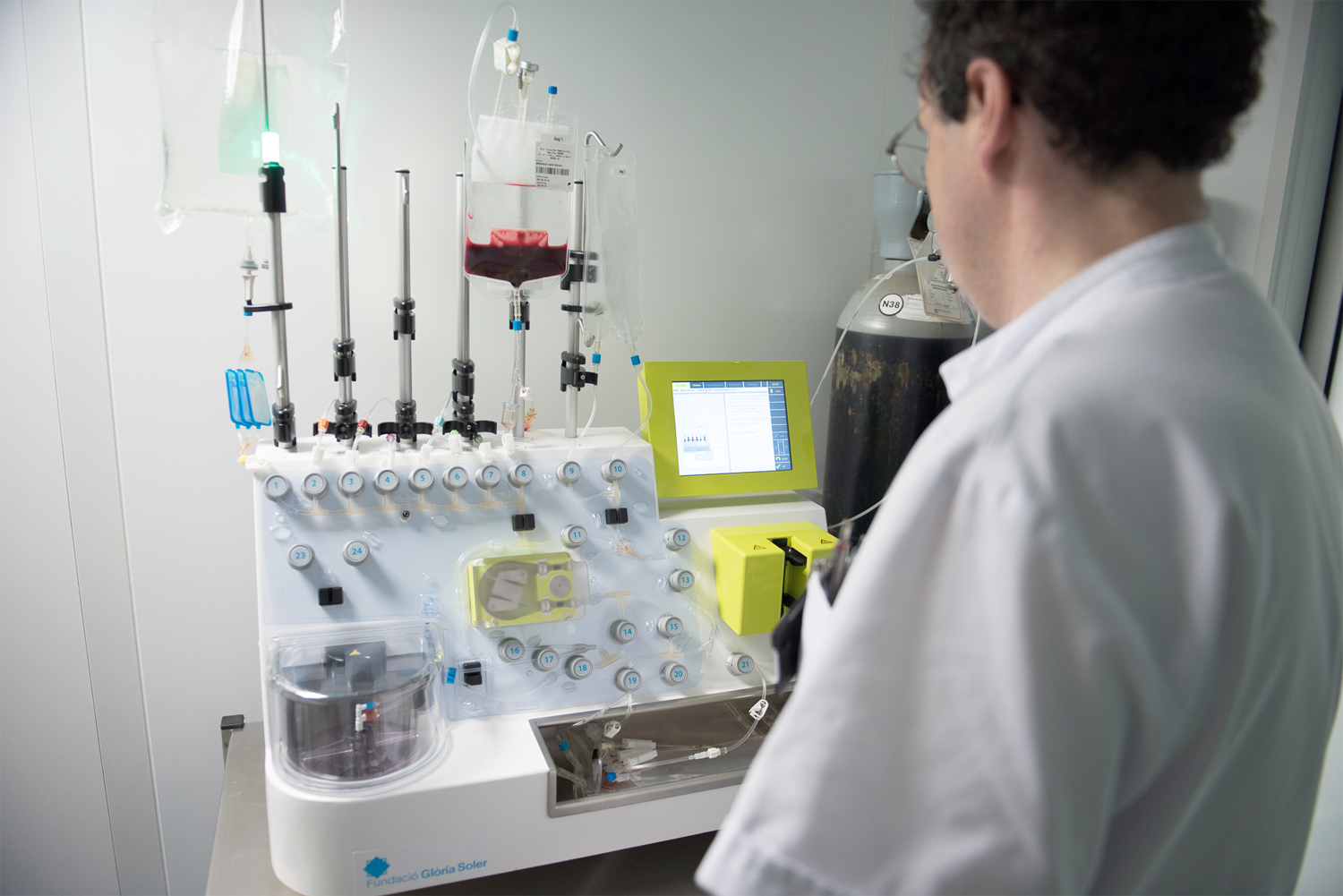

 Teaser Documental ARI: Una historia de amor y vida
Teaser Documental ARI: Una historia de amor y vida 

